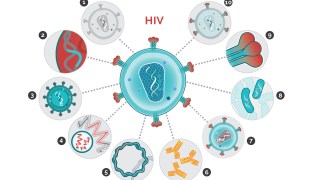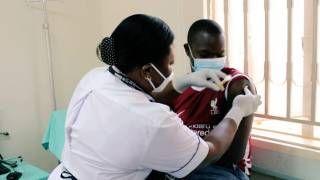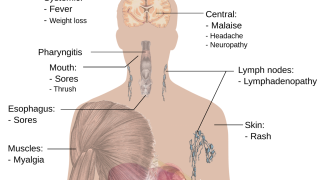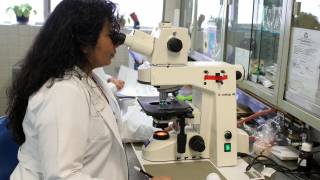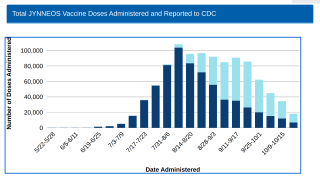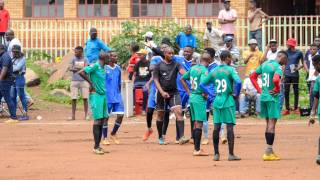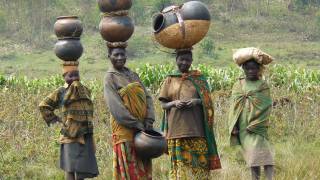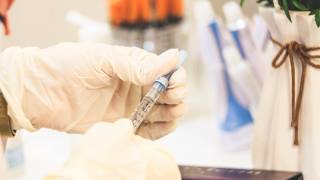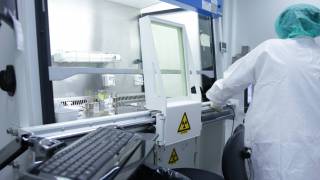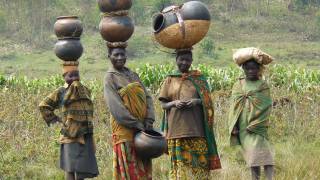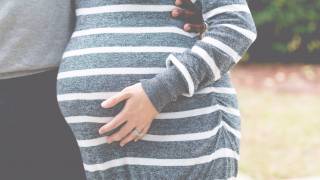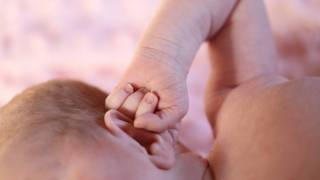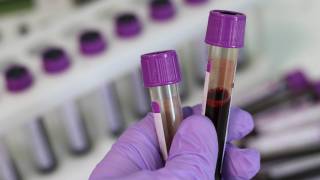Hep B Vaccination Protects People with HIV

Recent peer-reviewed research out of Cincinnati showed that an entire course of a hepatitis B vaccine provides substantial protection for people living with HIV.
The University of Cincinnati (UC) research published on October 20, 2022, shows that three doses of a hepatitis B vaccine protect people with HIV who had not been vaccinated against or exposed to the hepatitis B virus (HBV).
This phase 3 study's findings are essential since little is known about its protective effects on people with HIV. In the U.S., about 10% of U.S. adults with HIV also have HBV.
"Hepatitis B is highly ranked among liver-disease-related causes of death among people living with HIV," says Kenneth Sherman, MD, Ph.D., at the UC College of Medicine and study chair and senior author of the research, in a related press release.
"This finding may change routine vaccine practices among persons living with HIV."
"While this will not cure those who already have hepatitis B, it will keep others from getting the disease," commented Dr. Sherman.
HBV is spread primarily through sexual contact and sharing of contaminated needles. It causes chronic hepatitis B infection and can lead to progressive liver disease.
People living with HIV, including those taking antiretroviral therapy, are at greater risk of liver-related illness and death when co-infected with HBV, according to the U.S. CDC.
People living with HIV are less likely to produce a protective immunological response to HBV vaccination.
HBV, spread primarily through sexual contact and sharing contaminated needles, causes hepatitis B liver infections.
Therefore, people living with HIV are at greater risk of liver-related illness and death when co-infected with HBV.
"The difference in HEPLISAV-B from other vaccines is that it contains a product called CPG, which is a type of immune booster that could improve response to the vaccine by the body's immune cells," says Sherman.
"In the pivotal clinical trials that led to that vaccine's licensure, it was shown that the vaccine with just two doses rather than the usual three-dose series required for prior vaccines achieved equivalent or greater levels of response.
However, persons with HIV do not have high rates of response to the older vaccine preparations.
So that is why it was suspected that a three-dose regimen with the new vaccine might lead to better overall response rates."
The analysis included 68 adults living with HIV at 38 sites in the United States, South Africa, and Thailand. None of the people in the study group had received HBV vaccination previously or had evidence of being exposed to HBV; all were on antiretroviral therapy.
The levels of antibodies produced were higher than what has been observed following older vaccine preparations.
"Higher antibody levels often translate to better vaccine durability," according to Sherman.
The HEPLISAV-B vaccine, made by Dynavax Technologies Corp., was approved in 2017 by the U.S. FDA as a two-dose vaccine regimen for adults.
The CDC's Advisory Committee on Immunization Practices recommends HepB vaccination among all adults aged 19–59 years and adults > 60 years with risk factors for hepatitis B or without identified risk factors but seeking protection. (July 2022)
The National Institute of Allergy and Infectious Diseases, part of the U.S. NIH, sponsors the ongoing Phase 3 ACTG A5379 clinical study.
Precision Vaccinations publishes other hepatitis and HIV vaccine news.
PrecisionVaccinations publishes fact-checked, research-based vaccine news manually curated for mobile readers.
Our Trust Standards: Medical Advisory Committee

